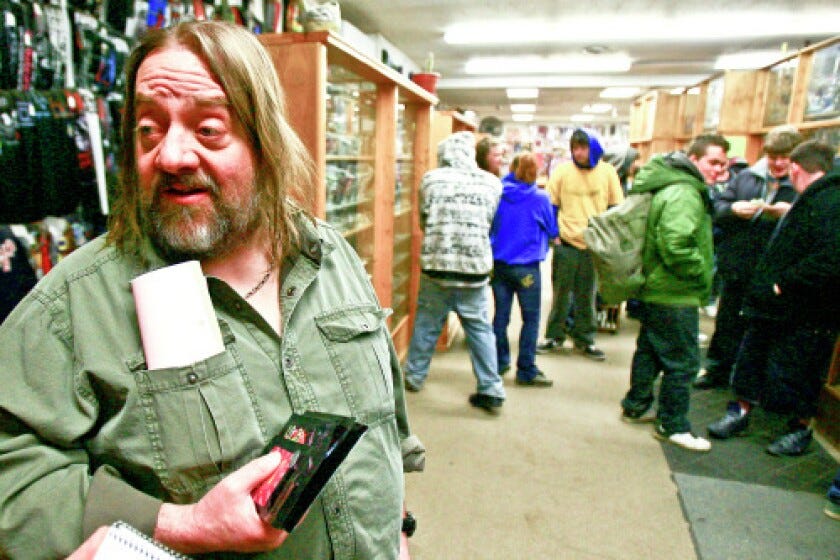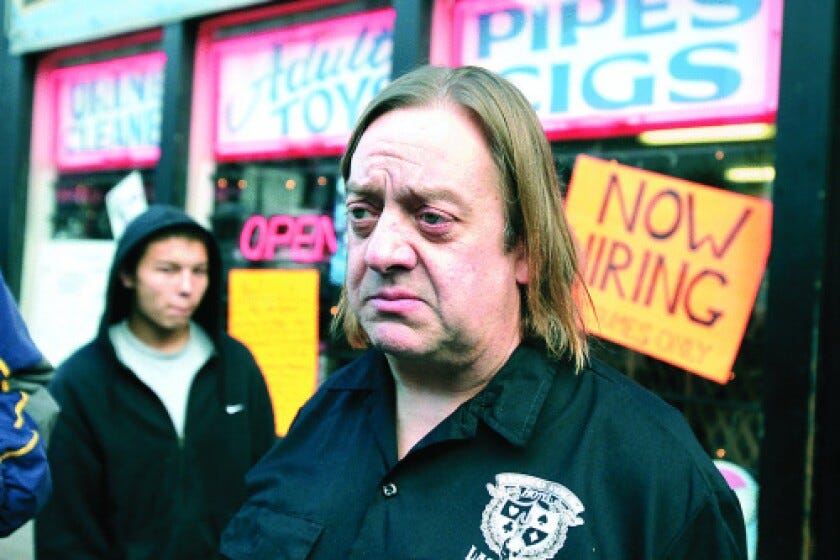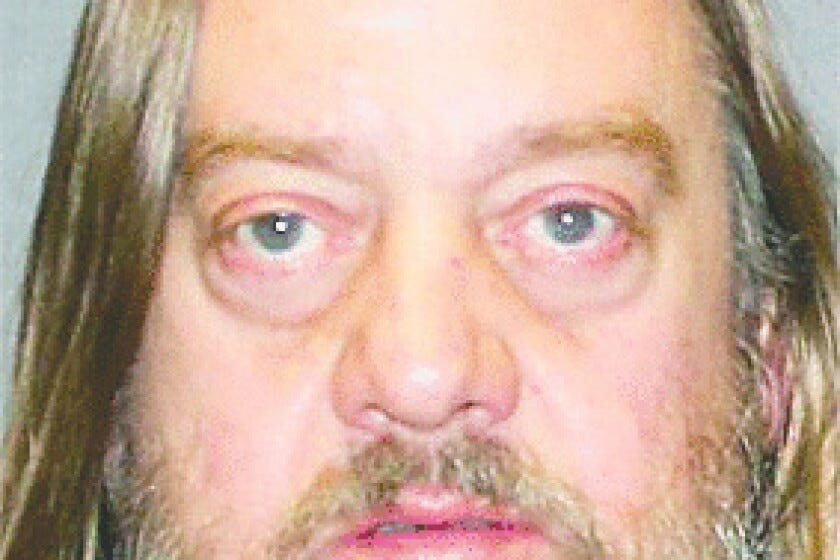Biden Granted Clemency to the Man Who Poisoned My Town
And Elon Musk: Shadow President?
Ten years ago, Jim Carlson’s shop, The Last Place on Earth, hit it big. He had thousands of people coming to his Duluth, MN store every day, drawing such massive crowds that Carlson was ordered to pay for officers to stand on the street fourteen hours a day to maintain order. Carlson was flying so high from his perceived success that he decided to run for president, submitting his name for America’s consideration alongside Barack Obama and Mitt Romney. He was running as a nominee of the Grassroots Party, and his main platform was to advocate for the legalization of marijuana.
But the sales from Carlson’s shop were doing more than lining his pockets and raising his profile: They were overloading the city’s two hospitals and contributing to an increase in crime.
Carlson was selling synthetic drugs, but labeling them as “bath salts,” “watch cleaner,” or “incense.” Their chemical makeup was just slightly different than controlled substances or street drugs, but Carlson was aware that people were not waiting in long lines each day to buy products with which to scrub their timepieces.
Many of the addicts outside The Last Place on Earth began harassing neighboring businesses, some of whom feared they’d have to shut down, their own customers driven away by a hostile environment. Aggressive, delusional patients overdosed on the “incense,” which had no known safe doses, and then assaulted hospital staff in the clogged emergency rooms. And then people started dying, overdosing in a nearby park while children sat in their baby strollers.
Meanwhile, Carlson made millions. And he caught the attention of the FBI, who began to look at his pattern of behavior. Lying about his products. Lying about his finances. In the words of the police chief at the time, Carlson “contributed to the spread of addiction, increased crime, and hurt the safety of our neighborhoods. Local businesses bore the brunt of the disorder that stemmed from his illegal activity.”
Duluth’s former mayor, Don Ness, said that Carlson had absolutely no interest in understanding how the products he was selling were impacting the community.
Carlson was eventually convicted of 51 federal crimes, including fraud and money laundering. He was sentenced to 17.5 years in federal prison in 2014. After The Last Place on Earth closed, one hospital said they went from 75 synthetic drug-related admissions each month to fewer than four.
And one might think that this is the end of the story: a bad man did bad things and is paying for his crimes.





